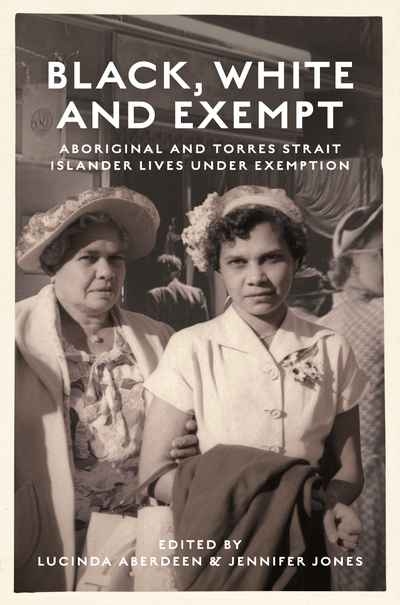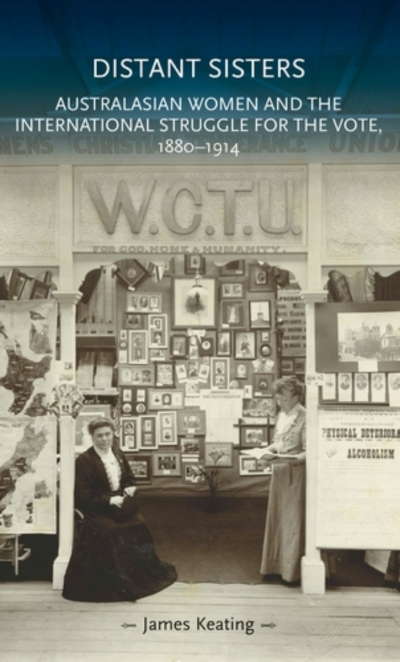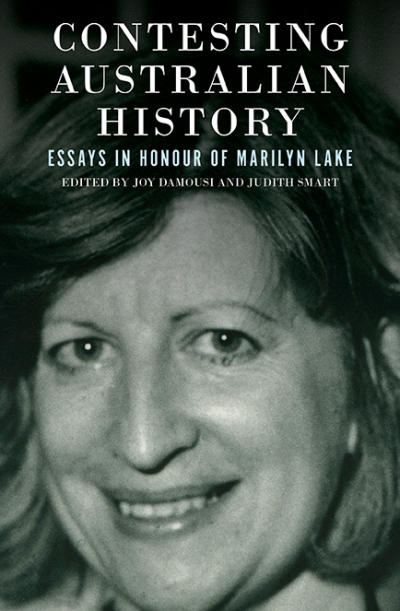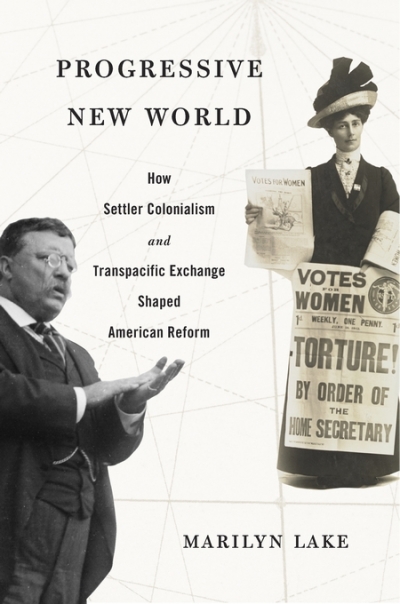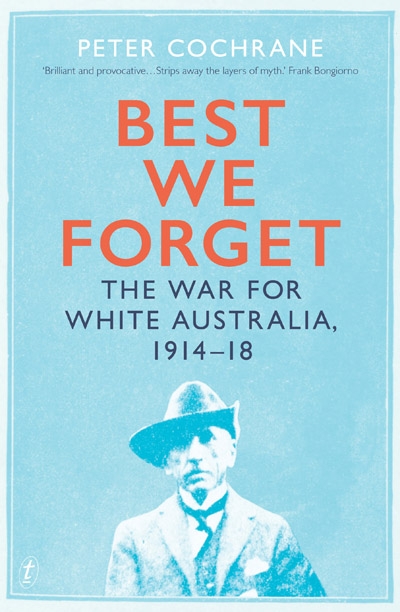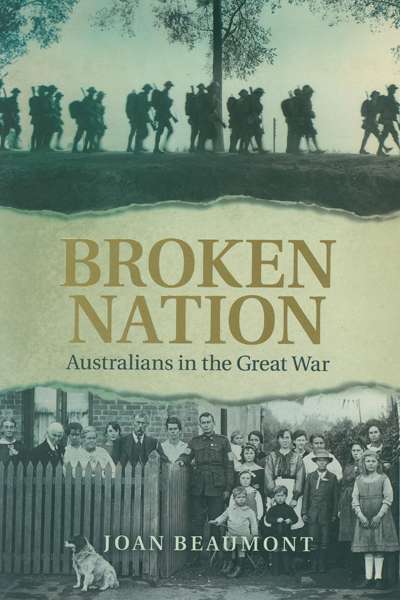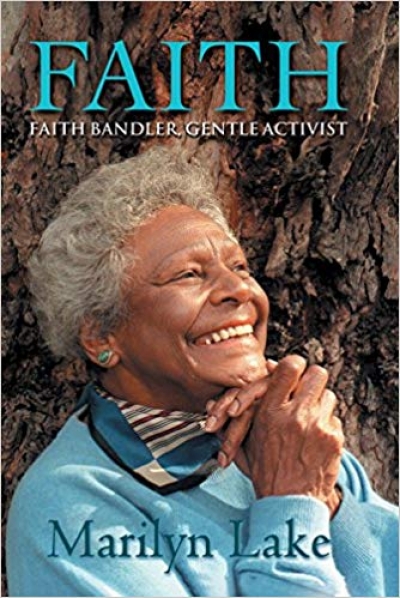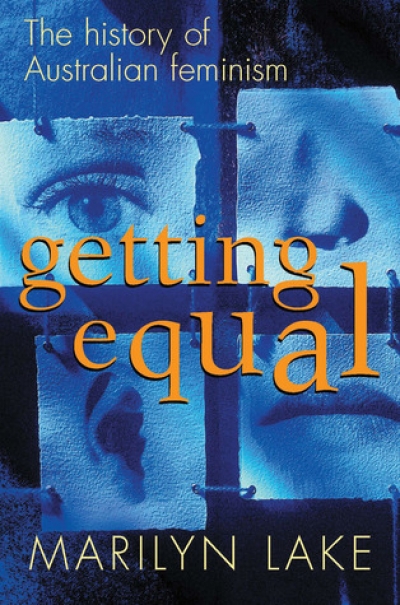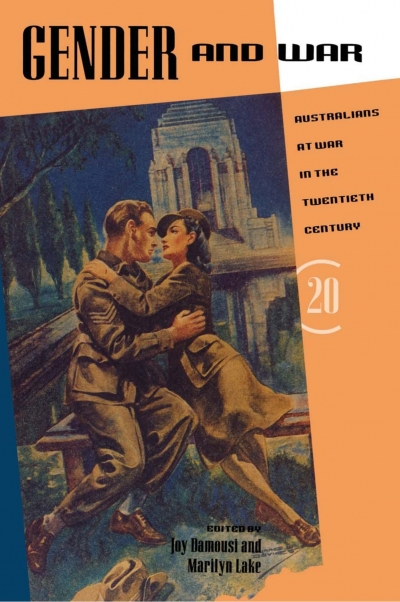Marilyn Lake
Black, White and Exempt: Aboriginal and Torres Strait Islander lives under exemption edited by Lucinda Aberdeen and Jennifer Jones
by Marilyn Lake •
Distant Sisters: Australasian women and the international struggle for the vote, 1880–1914 by James Keating
by Marilyn Lake •
Contesting Australian History: Essays in honour of Marilyn Lake by Joy Damousi and Judith Smart
by Christina Twomey •
Progressive New World: How settler colonialism and transpacific exchange shaped American reform by Marilyn Lake
by Ian Tyrrell •
Best We Forget: The war for white Australia, 1914–18 by Peter Cochrane
by Marilyn Lake •
To celebrate the best books of 2017 Australian Book Review invited nearly forty contributors to nominate their favourite titles. Contributors include Michelle de Kretser, Susan Wyndham, James Ley, Geordie Williamson, Jane Sullivan, Tom Griffiths, Mark Edele, and Brenda Niall.
... (read more)Broken Nation: Australians in the Great War by Joan Beaumont
by Marilyn Lake •
Getting Equal: The history of Australian feminism by Marilyn Lake
by Jenna Mead •
Gender and War: Australians at war in the twentieth century edited by Marilyn Lake and Joy Damousi
by Jeff Grey •

